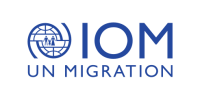Gender Responsive Governance
Alignment with SDGs

“I Have a Dream…”, a photo project and exhibition giving voice to young women in Albania
A photographic project that gives voice to the dreams of young women from all over Albania was exhibited in Tirana on the occasion of International Women’s Day. Renowned photographer Jutta Benzenberg partnered with UN Women in Albania to bring to attention the reality of young women who live in remote parts of the country where gender stereotypes and patriarchal norms are still dominant. “Women and girls in these far-flung, still overwhelmingly patriarchal corners of the country, are often missing their voice. They have fewer options for education, no option to go abroad like many of their male peers, little say or choice in their own lives. But each of these girls have dreams for their own future,” said Jutta Benzenberg, who has been photographing people around Albania for over 30 years.
Read the original story here.

End Violence Against Women and Children
The Covid-19 pandemic exacerbated an already existing high prevalence of violence. In 2022, UN agencies contributed to the overall goal of eliminating violence against women and children by providing support in the areas reported below.
A strengthened normative and accountability framework was developed for the Elimination of Violence against Women, Girls and Children (EVAWGC), including harmful practices, through development of a Commentary on implementation of Law no. 9669/2016 ‘On Measures against Domestic Violence’ (amended), ratification of ILO Convention no. 190 ‘Eliminating Violence and Harassment in the World of Work’ by the Albanian Parliament, development of policy and procedural safeguards free from any forms of violence, harassment and sexual harassment for the University of Tirane, and of a set of quality criteria for service provision by the statutory child protection workforce, which will improve central government’s ability to monitor services and performances of child protection workers. Government was enabled to report on international and national commitments, including through the CEDAW review of its State Report and the monitoring of the National Gender Equality Strategy. The Albanian Audio-Visual Media Authority included a special chapter on GE and non-discrimination in the new Broadcasting Code, which establishes new standards related to gender-sensitive reporting and elimination of discrimination and protection of privacy of, inter alia, women victims of violence.
Advances with regard to evidence for EVAWGC, including harmful practices, were ensured through finalisation of the survey ‘Knowledge attitudes and behaviours towards violence against children in Albania’, which informed on needed interventions and the triggering of a more protective attitude towards children. An assessment report on the accessibility of shelters for survivors of violence with disability and a policy paper on the state of data collection with an intersectoral nature, specifically for women with disabilities, Roma and Egyptian women and Lesbian, Gay, Bisexual, Transgender, Queer and Intersex+, will inform advocacy efforts in 2023. These aim at improving standards of service delivery for vulnerable groups and data collection centralized around the principle of Leaving No One Behind. An HBSC survey of 11, 13 and 15-year-olds was designed in 2022, with implementation planned for 2023, aiming to provide important information on sexual violence among these age groups and support evidence-based intervention in school settings and policy reformulation with a focus on comprehensive sexuality education and GBV. A study of gender-responsive family-friendly policies implemented by private and public sectors was developed and disseminated during 2022. Six youth needs assessments were carried out in the AUs of Berzhite, Bulgarec, Kodovjat, Lunxheri and Velipoje, and some 151 young people were engaged in activities relating to GE, knowledge about GBV and harmful practices, especially the issue of early and child marriage.
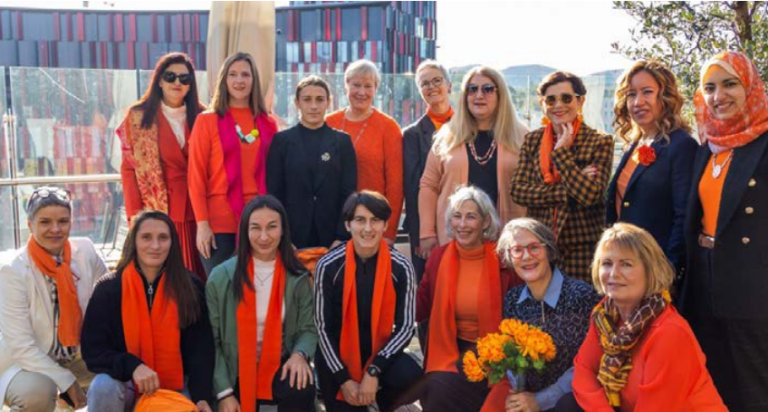
Addressing Gender Stereotypes and Harmful Norms and Practices
UN’s contribution in this area aimed towards increasing the knowledge base of duty bearers on gender stereotypes and identifying key partners with the potential of reaching the highest impact in shifting social norms and stereotypes, such as the media and youth, in addition to continued engagement of faith leaders. UN’s advocacy and technical advice to government resulted in the preparation of two strategic documents: 1) National Gender Equality Strategy 2021–2030, and 2) National Agenda for Child Rights, which cover normative development and its implementation, service provision, accountability of perpetrators, community engagement for social and behavioural change, and economic empowerment of girls and young women, particularly from minorities and rural areas. UN also conducted an exercise on how gender issues were addressed during the Covid-19 response, aiming to contribute to sector-wide learning on GE in emergency response and programming. The UN and Tirane Municipality formalized an MoU on Good Parenting work aiming to establish Positive Parenting courses in several community centres. Together with the private sector, UN is promoting family-friendly policies in the workplace and by the end of 2022 seven private companies had partnered the organisation through MoUs to be champion companies that promote gender-responsive family-friendly workplaces. The study Implementing Family-Friendly Policies and Gender Equality in the Public and Private Sectors, launched in June, identified the level of knowledge, attitudes and perceptions of such policies among employees and employers in both the private and the public sectors. The findings will support evidence-based advocacy around gender-responsive family policies and identify specific areas for policy recommendations. A policy paper will be prepared based on the findings from analysis of family-friendly policies in the workplace in Albania. Eleven ‘Be a Man Club’ groups are active in the country acting as agents of change for GE and advocating for youth engagement in the fight against harmful practices, gender stereotypes and GBV–DV, while more efforts are put towards their expansion. A Father’s Day event, the campaign Tjetër herë me vajzë, the 3rd edition of the Men and Boys who Inspire Forum and six events at the administration level focused on gender-biased sex selection and the addressing of GBV and other harmful practices such as child and early marriage.
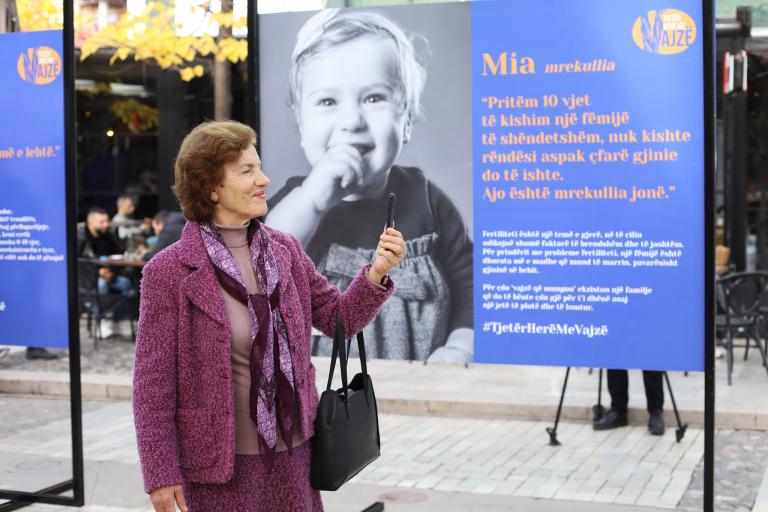
Gender Responsive Planning and Budgeting
The SDG database placed Albania among the 19 percent of countries that have an institutionalized method for tracking allocations towards GE. Gender-responsive Budgeting (GRB) remains one of the central approaches in the overall planning and design of the state budget with a total budget allocation for GE of nine percent in the medium-term budget plan (MTBP) 2023–2025, reflected through 47 engendered budget programmes of eleven ministries and two state institutions. These budgetary allocations address directly the needs of most vulnerable women, including fiscal incentives for women in business, social housing and increased social care services. More than 300 officials from government and other institutions had their knowledge on gender mainstreaming increased, and GRB was integrated into MTBP 2023– 2025 and gender statistics as a result of intensive capacity building efforts, whose training module was developed in cooperation with ASPA and certified accordingly. Eight initiatives were undertaken by the National Gender Equality Machinery in support of budget users on engendering the budget documents as a follow up to the trainings conducted. All budget standard instructions issued by MoFE contain GRB as part of the criteria and for the first time, a Gender Budget Statement has been attached to the project budget. The 2023 Budget is open and transparent to citizens and the oversight mechanisms to the Gender-Sensitive Citizen’s Budget are published annually by MoFE. In addition, the second Gender Equality Index for Albania was finalized, following the methodology developed by the European Institute for Gender Equality and shared with MoHSP for endorsement. The UN is also supporting the development of an INFF, ensuring that the framework considers the priorities of children and women.
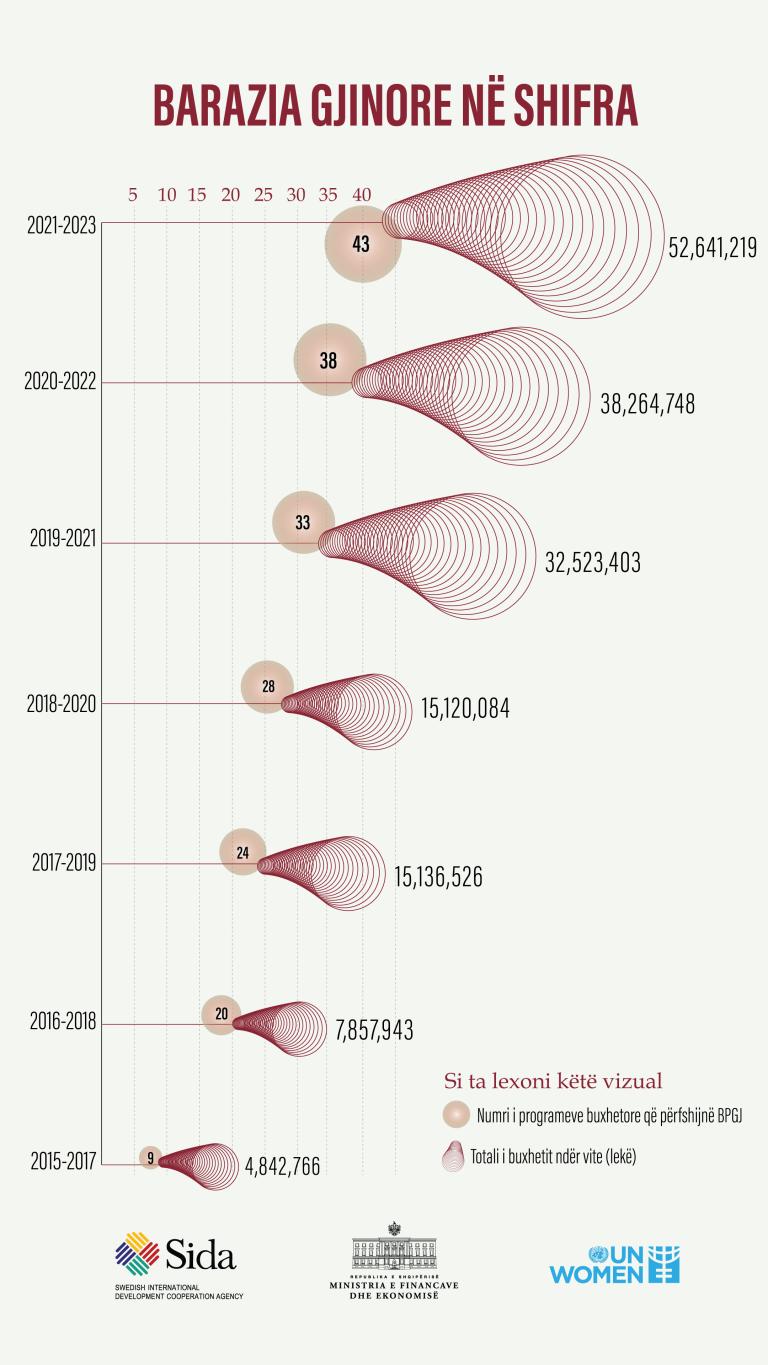
Gender Equality Mechanisms/Leadership and Participation
Shaping and building resilient, representative, responsive and democratic institutions based on GE and respect for human rights are central to the mandate of the government and UN agencies to promote gender-responsive and equally inclusive governance institutions. In 2022, capacities of national gender equality mechanism and public administration were strengthened to monitor and report progress achieved towards commitments on GEWE. Five Gender Mainstreaming Guidance Notes (on justice, anti-corruption, DRR, ICT, health and digitalization) were prepared to ensure close alignment with the EU’s legal and policy framework on GE. Assessment is also being conducted into the existing bottlenecks in monitoring and reporting of SDGs 5.a.1 and 5.a.2. The UN provided technical support on gender mainstreaming to the draft NSDEI and national strategies for Youth 2022–2029 and Employment and Skills 2023–2030.
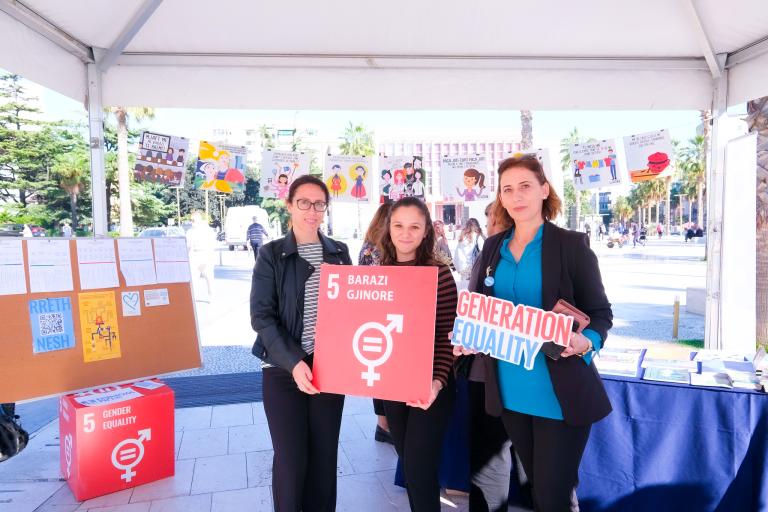
Results in Numbers
Coordinated Referral Mechanism Members
and more than 1,300 service providers were capacitated to provide non-disruptive and accessible support services to DV survivors, including long-term socio-economic reintegration, victims of trafficking, violence and harassment in the workplace in a coordinated manner and the implementation of legislation on DV during emergencies and crisis situations.
Women Survivors
of violence and more than 350 children identified as at high risk of abuse were able to escape violence, benefit from psycho-social and legal support and reintegrate economically.
People
reached through several campaigns, including ‘How to be safe and create a safe online environment for children and the youth', the 16 days of Activism to end violence against women,'Tjetër herë me vajzë' campaign, which addressed gender-biased sex selection, and Rural Women’s Day, which engaged government, academia, the private sector and faith-based institutions.
Women
from marginalized communities enhanced understanding and information on protection mechanisms, by receiving smartphones equipped with the BrightSky application and digital literacy training.
Government professionals
increased their knowledge and skills on mainstreaming GE goals into strategies, policies, sectoral programmes and the EU integration process through an introductory workshop on Gender Mainstreaming and the technical roundtable 'Gender Mainstreaming Guidance in the EU accession context: DRR, climate change and civil emergencies'.
Women
were identified whose skills were strengthened in farming, processing, food safety, standards, artisanal products and market presentation, with the aim of providing employment opportunities and higher income.



